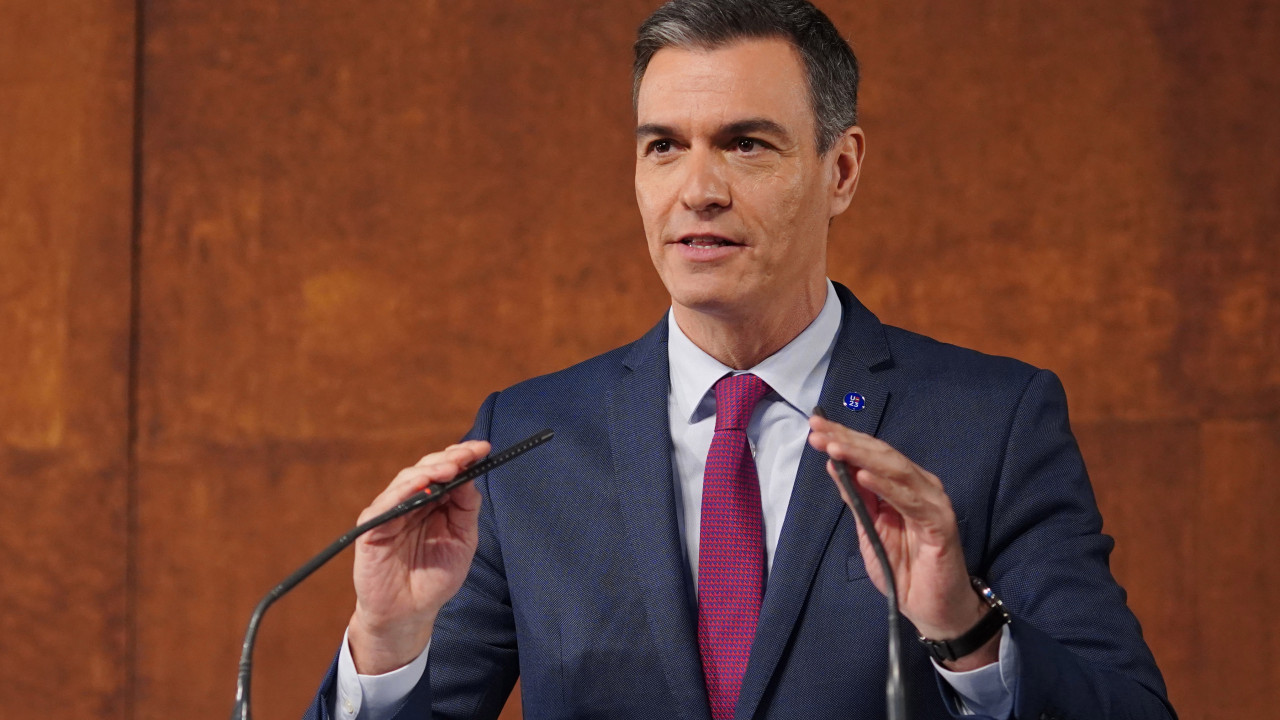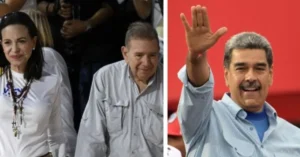
O The agreement was announced by the two parties in a joint statement in which they revealed that Sánchez and Pere Aragonès, leader of the Republican Left of Catalonia (ERC) and current president of the Catalan regional government, spoke this afternoon by telephone.
In that conversation, according to the same statement, Sánchez and Aragonês closed the content of an animist law for those involved in Catalonia’s attempt at self-determination that culminated in an illegal referendum and a unilateral declaration of independence in 2017.
Sánchez and Aragonès delegated to the negotiating teams of the two parties the definitive conclusion in the next few hours of an agreement that makes the new Government of Spain viable, following the elections on July 23, which will be a left-wing coalition formed by the PSOE and the Somar platform.
According to the PSOE and ERC statement, Sánchez and Aragonès “unlocked the final details” of the future amnesty law for Catalan independence activists and an agreement for the inauguration of the new Government, which will also integrate “political and economic issues”.
Amnesty is the demand made by Catalan parties to make a new Government led by Pedro Sánchez viable.
In addition to the ERC, amnesty is demanded by Juntos de Catalunya (JxCat), the party of the former president of the regional government Carles Puigdemont, who has lived in Belgium since 2017 to escape Spanish justice.
To be reappointed as prime minister, Sánchez still needs the vote of deputies from three more nationalist and independence parties in Galicia and the Basque Country (Galician Nationalist Bloc, Basque Nationalist Party and EH Bildu).
The agreement with the ERC is the first that the PSOE closes with the parties it needs to make the new Government viable through parliament.
In the last legislature, the ERC had already made the current Sánchez Government viable, by abstaining from the vote to investiture the socialist leader as Prime Minister.
If there is no new prime minister appointed by parliament by November 27, Spain will have to repeat the elections.
The PSOE was the second most voted party in the July 23rd elections.
The Popular Party (PP, right) received the most votes, but did not achieve an absolute majority and the Spanish parliament rejected at the end of September the candidacy for prime minister of the president of the popular party, Alberto Núñez Feijóo.
Last Saturday, Sánchez defended the amnesty requested by the Catalans and acknowledged that he rejected it until the July 23 elections.
“In the name of Spain, in the interests of Spain, in defense of coexistence among Spaniards, today I defend amnesty in Catalonia,” he stated.
Sánchez justified the amnesty as the need to “strengthen” the reunion between Spain and Catalonia, which he considers to have started when he became prime minister, in 2018.
Since then, Sánchez has pardoned Catalan leaders who were in prison and changed the Penal Code to benefit independentists accused by the courts.
The socialist leader has argued that there is now “coexistence” in Catalonia, and not “the confrontation” that there was in 2018, and emphasizes that no process of unilateral self-determination is underway.
Sánchez also considers that the result of the July 23 elections in Catalonia, where the socialists won, validated the policies he adopted in relation to the region and which involve “the dejudicialization” of a political conflict.
The acting Spanish Prime Minister also justified the new “pardon measures” to avoid a right-wing government.
“We must make necessity a virtue. It is the only possible way to have a Government in Spain and not have an electoral repeat”, he added.
Read Also: The Crown “symbolizes the unity and permanence” of Spain, says Felipe VI
All News. By the Minute.
Seventh consecutive year Consumer Choice for Online Press.
Download our free App.

Source: https://www.noticiasaominuto.com/mundo/2431680/sanchez-fecha-primeiro-acordo-com-independentistas-catalaes



